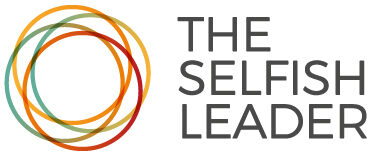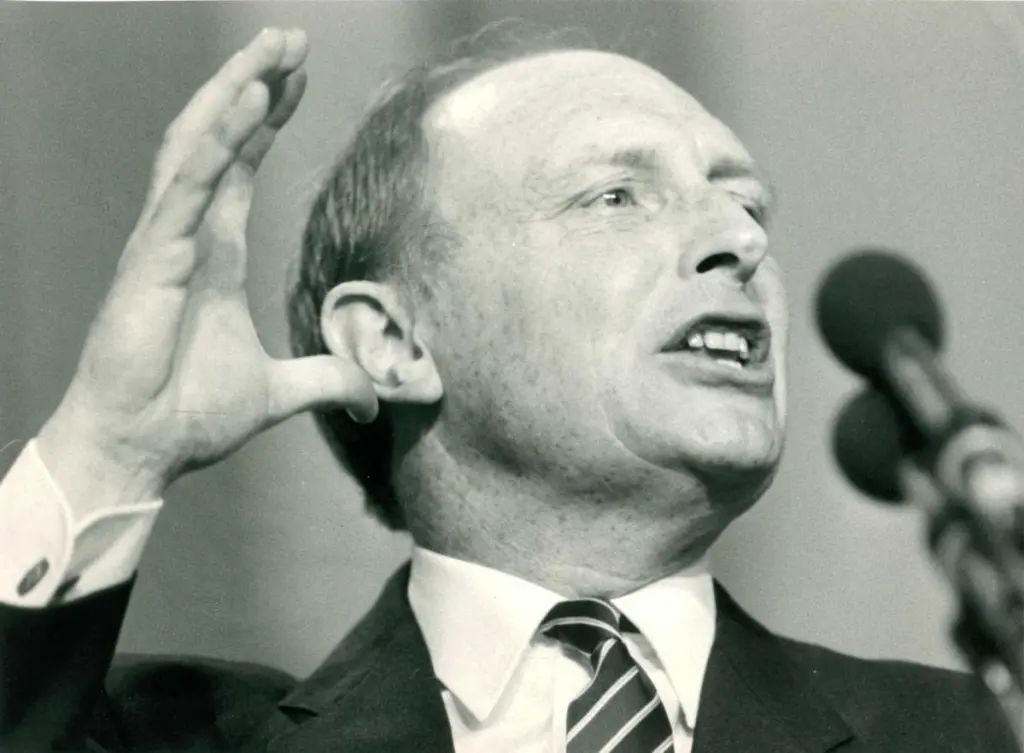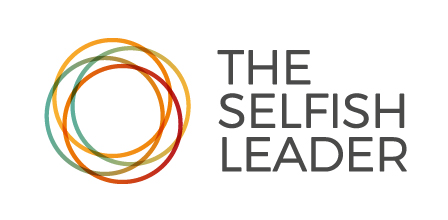It’s October 1985. The UK has had 6 years of Conservative government under Thatcher, with hefty cuts to public services, a new era of aggressive deregulation, civil unrest and a war in the Falklands.
Meanwhile, the opposition Labour party, after a catastrophic period in government in the 1970s, are at war with themselves. It’s a battle for the future direction of the party – do they remain welded to the socialist principles on which the party was founded or modernise to find a different direction to take the party forward in a rapidly changing country.
In that month, the leader of the Labour party, Neil Kinnock, gave a speech at the party’s annual conference which has become infamous.
Different factions were fighting to control the future direction of the party, driven by influences such as trade unions, socialist principles and different interpretations of what a party for the working class should look like.
In trying to modernise the party, he believed it needed to move it away from traditions and policies that no longer served the very people they were meant to represent.
It’s an incredible speech to watch. Apart from anything else, it’s a reminder of just how passionate and electrifying political leaders could be in those days. But it’s his central thrust that always captures my imagination.
“I’ll tell you what happens with impossible promises” he roars. “You start with far-fetched resolutions. They are then pickled into a rigid dogma, a code, and you go through the years sticking to that, outdated, misplaced, irrelevant to the real needs [of the people].”
As he excoriates the conference, he’s reminding them to recognise the dangers of sticking to an ideology for its own sake. He’s urging them to let go of the belief structures that no longer serve, that are no longer fit for their purpose.
This is rare stuff. Political parties need ideologies. They provide a core and a structure that policies are derived from. This structure also provides the mission for which members of the party are committing to, what they are aligning their own selves to.
And perhaps most importantly, a political ideology acts as a powerful signal to voters about what the party stands for. ‘This is what we believe in. Come and join us.’
Ideology originally held meaning as the ‘science’ or ‘study’ of ideas, and is now more commonly understood as a ‘system’ of ideas. Those ideas are often based on assumptions that are not rooted in any objective facts – which is why ideology is often used as a pejorative term. Ideology, in short, is based on a subjective view of the world.
As a system of ideas, ideologies feel necessary. Organisations have them. Families have them. And we each have our own ideologies as individuals. We may not recognise them as such yet we do have a collection of beliefs that drive our choices and therefore the direction of our lives.
There is an egoic need for ideologies too, as a means of expressing who we are (or who we believe we are). Our egos enable us to interface with the outside world, constructed as they are as versions of ourselves (personas) that identify us as the ‘I’ we think we are. The ego, therefore, needs to create distinctions with ‘others’ in order to reinforce its own separateness and uniqueness.
Finding ways to distinguish ourselves as ‘not that but this’, whilst essential for the ego, is also why most of us instinctively label people, sort them into groups, and identify some as allies and friends, and some as enemies or ‘others’.
This process of ‘othering’ is one in which “individuals or groups of people attribute negative characteristics to other individuals or groups of people, in a way that sets them apart as representing that which is opposite to them“.
We become ‘us’ and ‘them’. In doing so, we denigrate and marginalise others in order to reinforce our superior sense of self. From here, you can see how ideology is born from and intertwined with the ego.
Which leads me to wonder, perhaps ideology is another representation of ego, a collective ego in the case of groups and organisations?
And if this is true, what does this mean for ideologies we might readily adopt or associate ourselves with: socialist, capitalist, communist, left-wing, conservative, centrist, free market, pro-choice, anti-abortion and so on?
In holding on to ideology, what does this cost us in separating ourselves from others? And what does cost the ‘others’?
What might we miss? What perspectives are not considered?
Just lately, the conversations I’ve been having have reminded me just how much we are all holding on to ideologies, in discussions where open-mindedness would help us to better understand and engage. Topics that are deeply well-intentioned and rooted in seeking positive change, are still holding on to ideologies: racial equality, feminism, climate change, education, wealth inequality.
In holding on so doggedly, we might feel more virtuous or dedicated to our cause, yet we are more inflexible, less likely to connect, less likely to expand our awareness.
How does this serve us in our quest to create positive change?
Sitting in the messiness of complexity and nuance is fundamentally opposed to ideology. Ideologies promise certainty where there often is none.
And the ego loves this – establishing positions of right and wrong, good and bad, reducing things to categories or binary choices.
Yet the world and our experience of it is messy. It is uncertain. And it is nuanced. I’ve noticed that the further I delve into any topic, the more I uncover perspectives that seem to contradict each other, often on the same side of the argument.
Our inflexibility closes our ears and narrows our eyes. To make real change, we might have to consider perspectives that we find jarring.
We might need to listen to voices we find offensive.
We might have to consider opinions that challenge ours.
Or we might simply need to open up again, temporarily loosen our grip on our ideology and see what might come into view.
And if we find ourselves triggered, angered or incited, that’s ok. It’s possible that person has voiced something truly offensive to us, but even in that there is surely something to learn once we get past our reaction. Is there not an opportunity to consider what has brought this person to those views?
And what might sit deep beneath those views, down in the basement where most of our thoughts emerge from unbidden? Where is our curiosity and empathy in those moments?
There’s also another possibility in our reaction: maybe it’s just our own shit that is playing out and a reminder that we still have our own work to do.
Paying attention to our feelings is essential for a richer experience of life, yet our feelings are not the truth, they’re just our truth in that moment and an invitation to explore what’s going on. Ideologies, opinions, and worldviews are the same – they’re not an objective truth, and at their very best they’re still only a starting point for making progress.
What if we unclench our fists a little? What might that open up and allow into our perspective? What becomes possible then?
Here’s a closing thought. Kinnock was never elected Prime Minister and eventually resigned in 1992 after losing the election and years of party infighting. Almost 30 years later, the Labour party in the UK are still struggling with what their ideology is. It’s arguable they’ve been in this struggle since before that speech in 1985.
Yet it’s hard to imagine them letting go of having one and opening a true dialogue with the people of the country to co-create a future. It’s also hard to imagine them defining themselves as anything other than the opposite of the ‘other lot’.
What does that say about us as a society?





